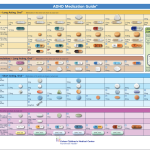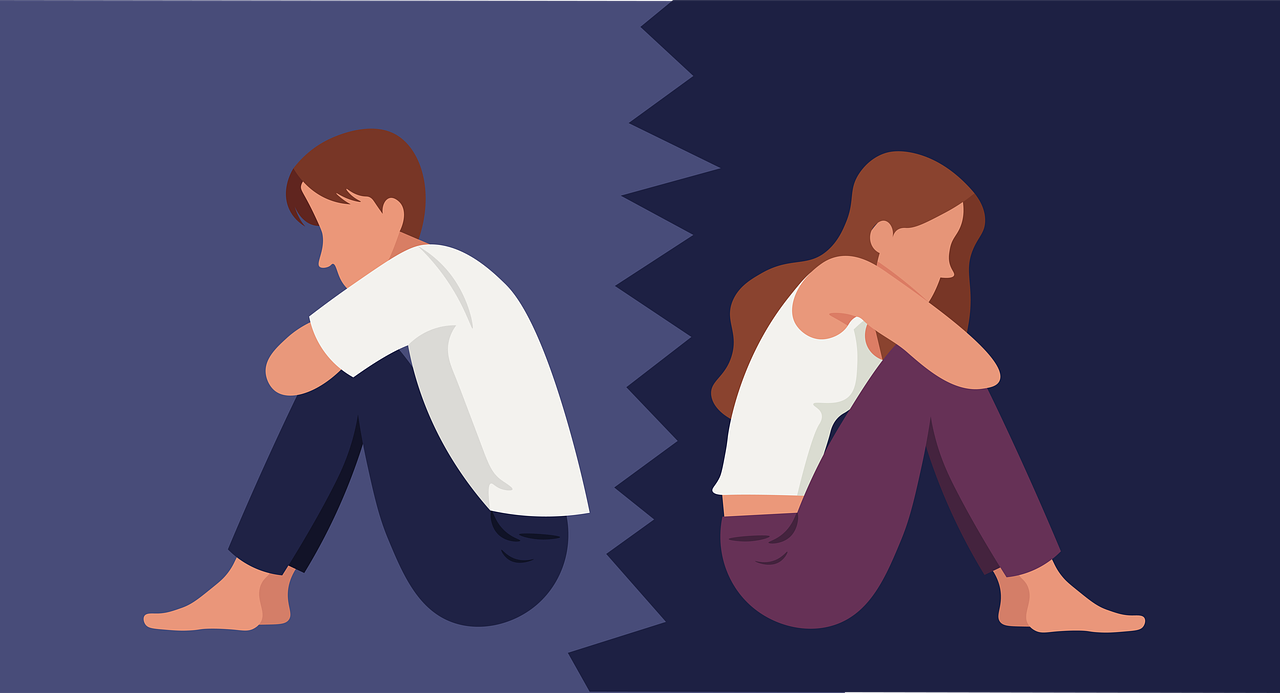What Is Children’s Mental Health?
 Being mentally healthy during childhood means reaching developmental and emotional milestones and learning healthy social skills and how to cope when there are problems. Mentally healthy children have a positive quality of life and can function well at home, in school, and in their communities.
Being mentally healthy during childhood means reaching developmental and emotional milestones and learning healthy social skills and how to cope when there are problems. Mentally healthy children have a positive quality of life and can function well at home, in school, and in their communities.
Mental disorders among children are described as serious changes in the way children typically learn, behave, or handle their emotions, which cause distress and problems getting through the day. Many children occasionally experience fears and worries or display disruptive behaviors. If symptoms are serious and persistent and interfere with school, home, or play activities, the child may be diagnosed with a mental disorder.
Mental health is not simply the absence of a mental disorder. Children who don’t have a mental disorder might differ in how well they are doing, and children who have the same diagnosed mental disorder might differ in their strengths and weaknesses in how they are developing and coping, and in their quality of life. Mental health as a continuum and the identification of specific mental disorders are both ways to understand how well children are doing.
What are common childhood mental disorders?
Among the more common mental disorders that can be diagnosed in childhood are attention-deficit/hyperactivity disorder (ADHD), anxiety (fears or worries), and behavior disorders.
Learn more about childhood mental disorders, symptoms, and treatment.
Other childhood disorders and concerns that affect how children learn, behave, or handle their emotions can include learning and developmental disabilities, autism, and risk factors like substance use and self-harm.
Read more about related conditions.
What are the symptoms of childhood mental disorders?
Symptoms of mental disorders change over time as a child grows, and may include difficulties with how a child plays, learns, speaks, and acts, or how the child handles their emotions. Symptoms often start in early childhood, although some disorders may develop during the teenage years. The diagnosis is often made in the school years and sometimes earlier; however, some children with a mental disorder may not be recognized or diagnosed as having one.
Can childhood mental disorders be treated?
Childhood mental disorders can be treated and managed. There are many treatment options based on the best and most current medical evidence. Parents and doctors should work closely with everyone involved in the child’s treatment—teachers, coaches, therapists, and other family members. Taking advantage of all the resources available will help parents, health professionals, and educators guide the child towards success. Early diagnosis and appropriate services for children and their families can make a difference in the lives of children with mental disorders.
Who is affected?
Childhood mental disorders affect many children and families. Boys and girls of all ages and ethnic/racial backgrounds and living in all regions of the United States experience mental disorders. Based on the National Research Council and Institute of Medicine report, which gathered findings from previous studies, it is estimated that in 2007, 13–20% of children living in the United States (up to 1 out of 5 children) experienced a mental disorder in a given year, costing individuals, families, and society an estimated $247 billion per year.
What is the impact of mental disorders in children?
Mental health is important to overall health. Mental disorders are chronic health conditions—conditions that last a long time and often don’t go away completely—that can continue through the lifespan. Without early diagnosis and treatment, children with mental disorders can have problems at home, in school, and in forming friendships. Mental disorders can also interfere with a child’s healthy development, causing problems that can continue into adulthood.
Public health includes mental health
Supporting children’s mental health also includes making sure children meet developmental milestones, understanding what to do when there is a concern, supporting positive parenting strategies, and improving access to care.
CDC works with partner agencies to better understand mental health and mental disorders and the impact they have on children.
Read more about research on children’s mental health.
What you can do
Parents: You know your child best. Talk to your child’s healthcare professional if you have concerns about the way your child behaves at home, in school, or with friends.
Youth: It is just as important to take care of your mental health as it is to take care of your physical health. If you are angry, worried or sad, don’t be afraid to talk about your feelings and reach out to a trusted friend or adult.
Healthcare professionals: Early diagnosis and appropriate treatment based on updated guidelines are very important. There are resources available to help diagnose and treat children’s mental disorders.
Teachers/school administrators: Early identification is important so that children can get the help they need. Work with families and healthcare professionals if you have concerns about the mental health of a child in your school.
Read the Spanish-language version of this article.
Source: Centers for Disease Control and Prevention |What Is Children’s Mental Health?, https://www.cdc.gov/childrensmentalhealth/basics.html | Public domain. Last reviewed: September 2022
If you have concerns about your child, CHC Care Coordinators can arrange a free 30-minute consultation so you can explore options with an expert. We invite you to call or email us at 650.688.3625 or careteam@testing.chconline.org to set up an initial Parent Consultation appointment. CHC teletherapy services are available now.





